Rain and rats to blame for more dogs in Singapore being infected with leptospirosis, vets say
Early detection and vaccination can help protect against the disease.
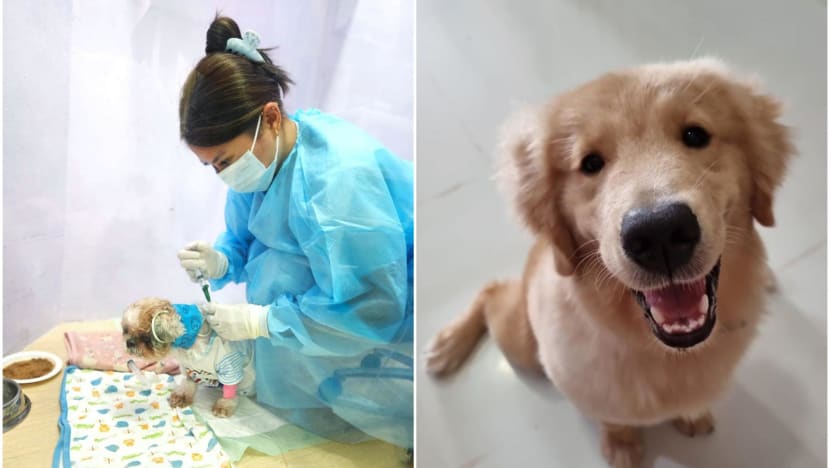
Dog with leptospirosis Abby (left) being fed through a feeding tube while in isolation at Paws N' Claws Veterinary Surgery in January 2024, and a golden retriever puppy that has fully recovered from the disease after its treatment with The Gentle Vet in December 2023. (Photos: Paws N' Claws Veterinary Surgery, Tricia Tay)

This audio is generated by an AI tool.
SINGAPORE: Rainy weather, a growing urban rat population and increasing awareness could account for a rise in cases of a deadly disease among dogs in Singapore, according to veterinarians.
They were speaking to CNA following news that authorities were investigating cases of leptospirosis.
The Animal and Veterinary Service (AVS) said last Friday (Jan 26) that it received reports of four confirmed cases in dogs in the Upper Thomson or Shunfu area over the past two weeks.
From 2021 to 2023, it received an average of fewer than 20 reported cases of the disease per year.
Three out of four vet clinics CNA approached have also observed more dogs with suspected leptospirosis in recent weeks.
Caused by the Leptospira bacteria, it is a zoonotic disease that can be transmitted to humans as well from the tissue or urine of infected animals. Rodents are one of the most common carriers.
No human cases of leptospirosis associated with the recent dog cases have been reported.
The disease can be transmitted through cuts and abrasions of the skin, through mucous membranes, or via direct or indirect contact with urine or bodily fluids except for saliva, according to AVS, which is a cluster of the National Parks Board.
Indirect infection can occur through contact with water or wet soil contaminated with the urine of infected animals. Dogs that come into contact with wet soil or water when on walks can get infected.
Leptospirosis is endemic in the region and in Singapore.
Group director Kelvin Lim said AVS has contacted affected dog owners to monitor the health of the rest of their dogs, if any, and to seek veterinary attention if their dogs are unwell.
Symptoms in dogs include fever, vomiting, diarrhoea, jaundice and decreased or absent urine.
AVS advised members of these households to monitor their health and seek medical attention should they also develop symptoms or feel unwell.
Symptoms in humans could include fever, headache, muscle aches, jaundice, red eyes, abdominal pain, vomiting, diarrhoea and rash.
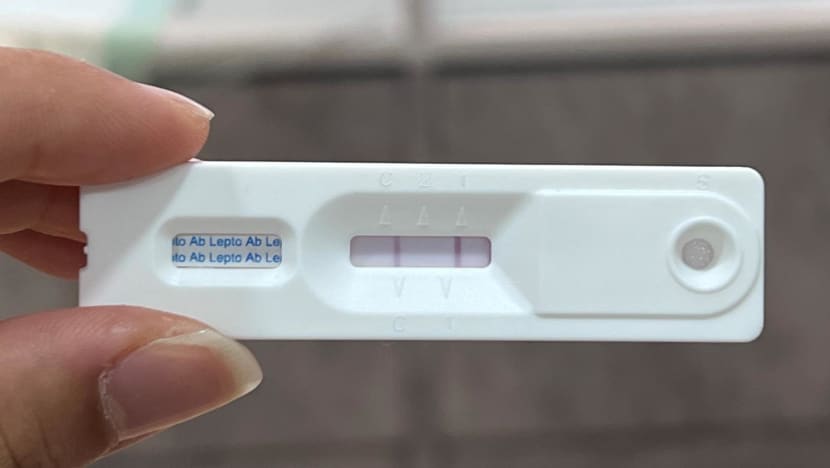
"ON THE RISE"
One veterinarian located in Upper Thomson has seen about four suspected leptospirosis cases weekly since mid-January, an increase from the one to two suspected cases weekly from mid-December last year.
And before that, the clinic used to see around one suspected case every quarter.
"In the past few months, 80 per cent of the suspected cases at Paws N’ Claws Veterinary Surgery have had a confirmed PCR (polymerase chain reaction) diagnosis of leptospirosis," said the clinic's head veterinarian Esther Lam.
"Most of these cases have been dogs who were not up to date with their vaccinations and are brought out for walks daily or regularly."
She added that many of the affected dogs were likely on walks when they came into contact with contaminated puddles of water or wet soil infected by wild rodents. The risk is even higher when there are unvaccinated dogs living in the vicinity.
While Dr Lam had only seen cases from Upper Thomson areas previously, the vet has recently received dogs from other parts of Singapore such as East Coast and Sengkang.
Anecdotally, however, dog owners living around Upper Thomson have told her that they've seen more rats in their housing estates.
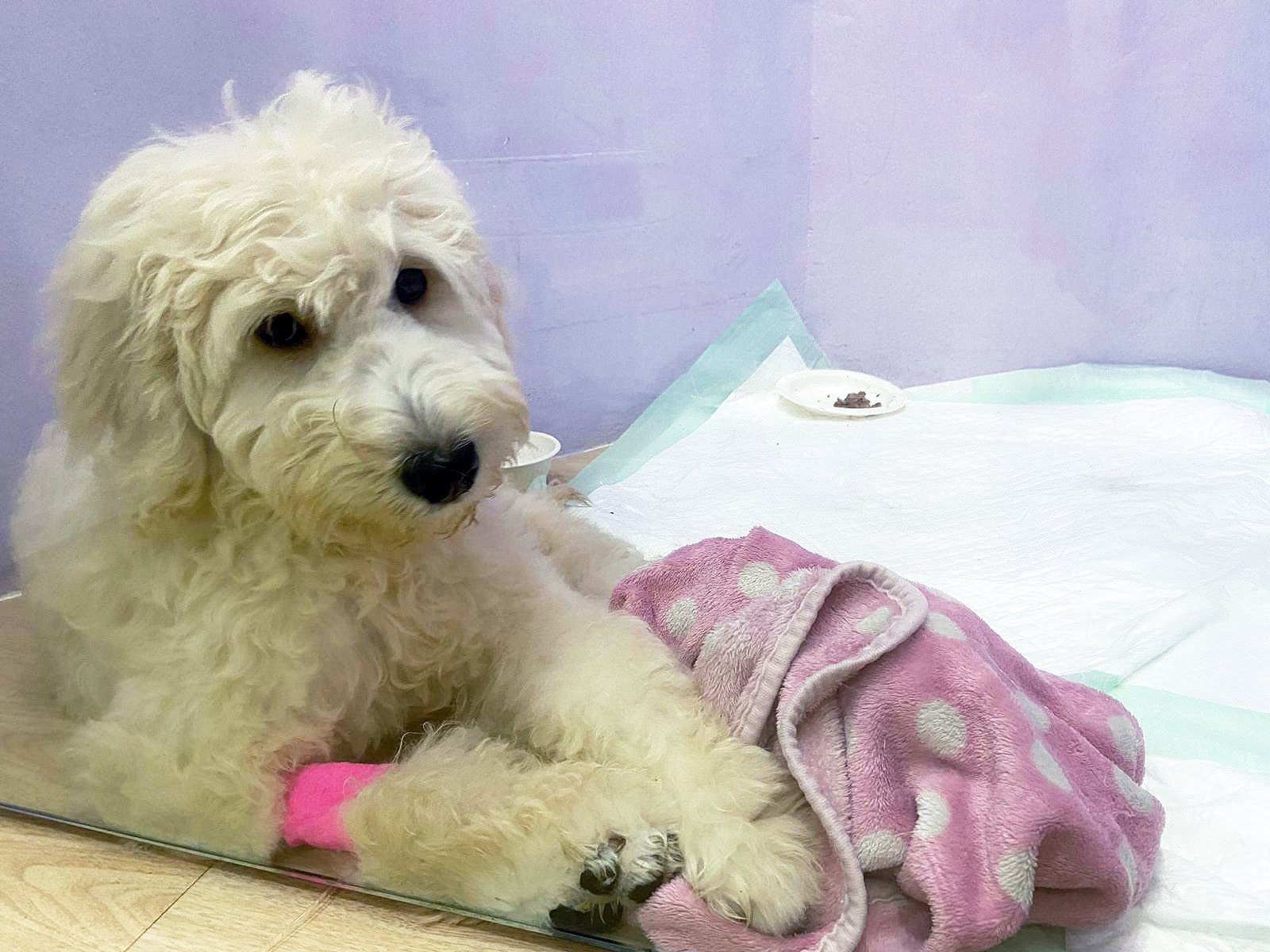
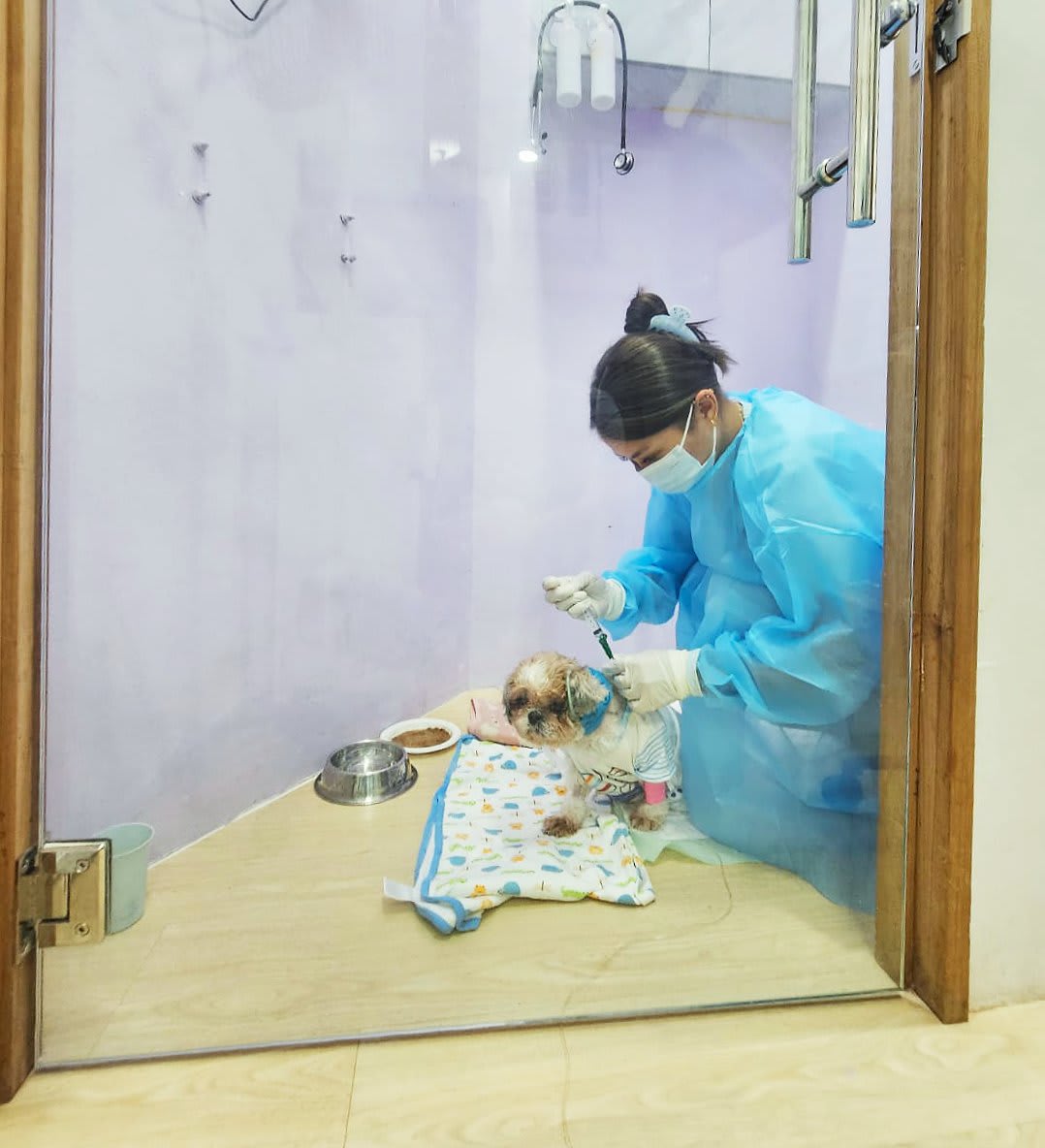
Vets in other areas around Singapore have similarly reported seeing more possible cases.
Along Tanjong Katong Road, veterinary clinic The Gentle Vet saw three to four suspected cases of leptospirosis in domestic dogs and shelter rescues last year.
Before 2020, the vet used to see a maximum of two cases every two to three years.
Head veterinarian Kelly Yeo told CNA: "It's something that we have noticed and we have started warning our pet owners about as well. It's on the rise and it's a notifiable disease to AVS.
"Leptospirosis is really serious because your dog can die from it and it's transmissible to humans. And for humans, it's quite serious as well."
She pointed at the prevalence of rat urine in Singapore's urban setting as the main culprit.
"(For example at) Tanjong Katong Road, you have so many restaurants, there's going to be rats," said Dr Yeo. "When you walk along the street even near your house during the day, what you don't see on the ground is actually little rats have gone there and they might have urinated on the floor.
"So when your dog goes and sniffs that, that's when they actually get infected."
She described a case in December where a golden retriever puppy was infected. The canine stayed in landed property and could have been exposed to contaminated sewage water. The puppy was isolated and had a dedicated nurse in personal protection equipment caring for it until it recovered fully.
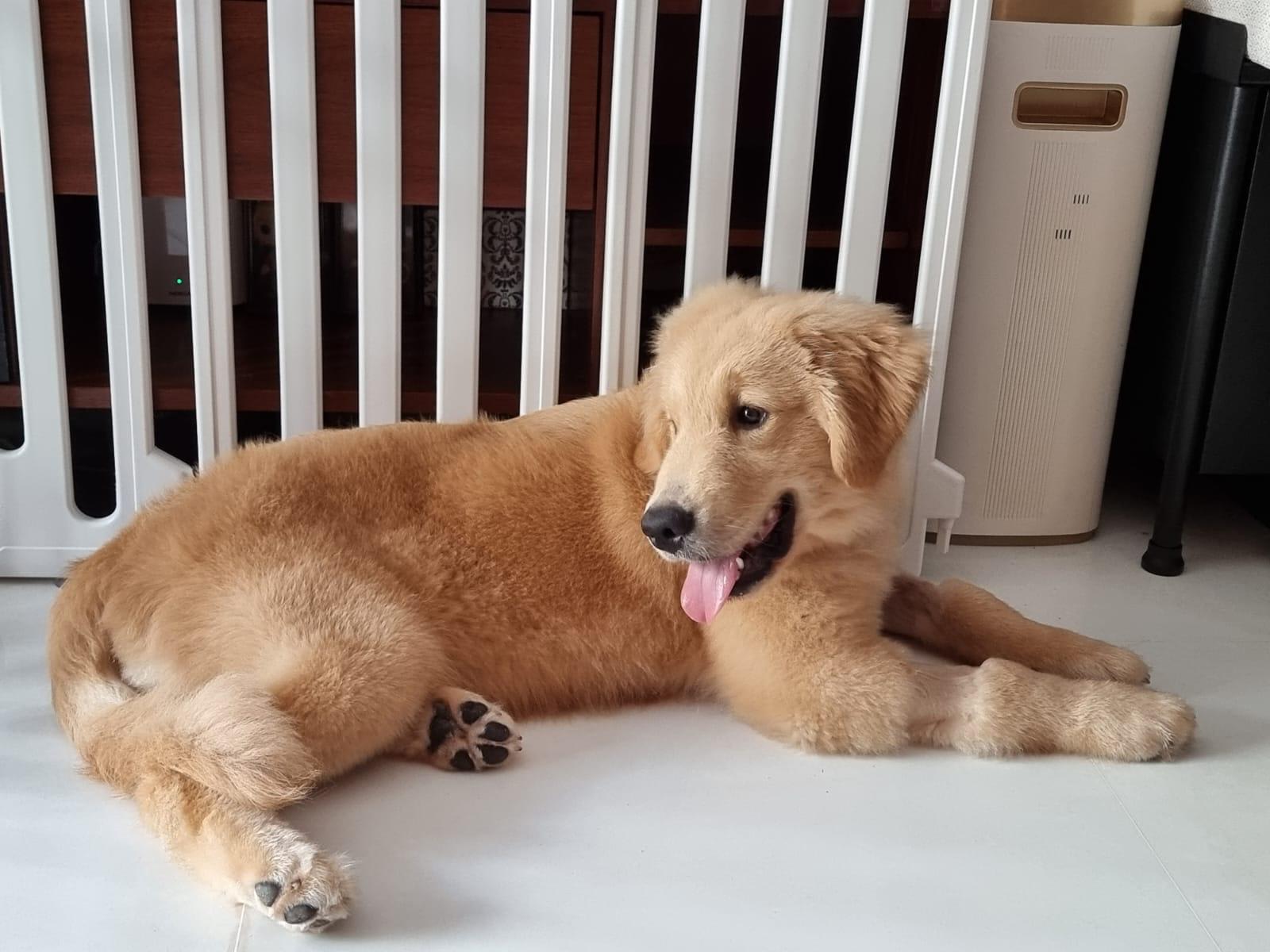
Beecroft Animal Specialist and Emergency Hospital along Alexandra Road used to see one confirmed case every three months, but has handled at least one every month in the past six months.
Veterinarian specialist Anne-Claire Duchaussoy stressed that leptospirosis was not a new disease.
"We are also more aware of it so we are more proactive in identifying and detecting it," she said, though the vet added that some of the recent cases were more unusual, presenting signs of chronic hepatitis rather than the classic acute urinary signs such as renal failure.
WHAT CAN DOG OWNERS DO?
Given the heavy rainfall of recent times, dog owners should avoid wet soil and puddles when walking their pets, vets said.
They should also avoid areas which are home to rats, such as back alleys, said Paws N' Claws' Dr Lam.
Early detection and treatment is also key to avoid fatality.
If, in a classic leptospirosis case, the acute renal disease is advanced, the mortality rate is more than 50 per cent, said Beecroft's Dr Duchaussoy. Generally, mortality rate ranges between 10 per cent and 30 per cent.
"In most renal cases it is not a disease you can treat at home with antibiotics, it would delay effective treatment and give more time for the disease to progress to an irreversible point."
Given that leptospirosis can present generic symptoms, owners should simply seek veterinary attention if their dogs are behaving out of sorts, said principal veterinarian of Amber Vet Group Brian Loon.
He also suggested that owners in landed properties cover the entrances of drains leading to sewers, to miminise the risk of rats entering homes.
Suspected cases will undergo a physical examination, blood tests and other diagnostics to confirm the disease. During hospitalisation, dogs will be isolated, with food, medical equipment and a disposal system separate from the rest of the clinic or hospital.
Dogs with suspected or confirmed leptospirosis should receive prompt antibiotic therapy and supportive care, which is tailored depending on the organ affected and its severity, said Paws N' Claws' Dr Lam.
Treatment may include intravenous fluid therapy, a feeding tube placement for nutrition and urinary catheter placement.
All the vets CNA spoke to stressed the importance of vaccination and keeping up with yearly boosters.
While the vaccination does not prevent a dog from being infected, it can lessen the severity of symptoms and reduce the risk of spreading the infection, said Dr Loon.
"On one hand it's a very treatable disease if the dog is not that severely infected; if it's diagnosed early, there are effective antibiotics to treat it.
"But on the other hand if it is not treated or if it is treated late, especially if they are not vaccinated ... it can cause enough damage to kidneys and/or liver to be life threatening."














